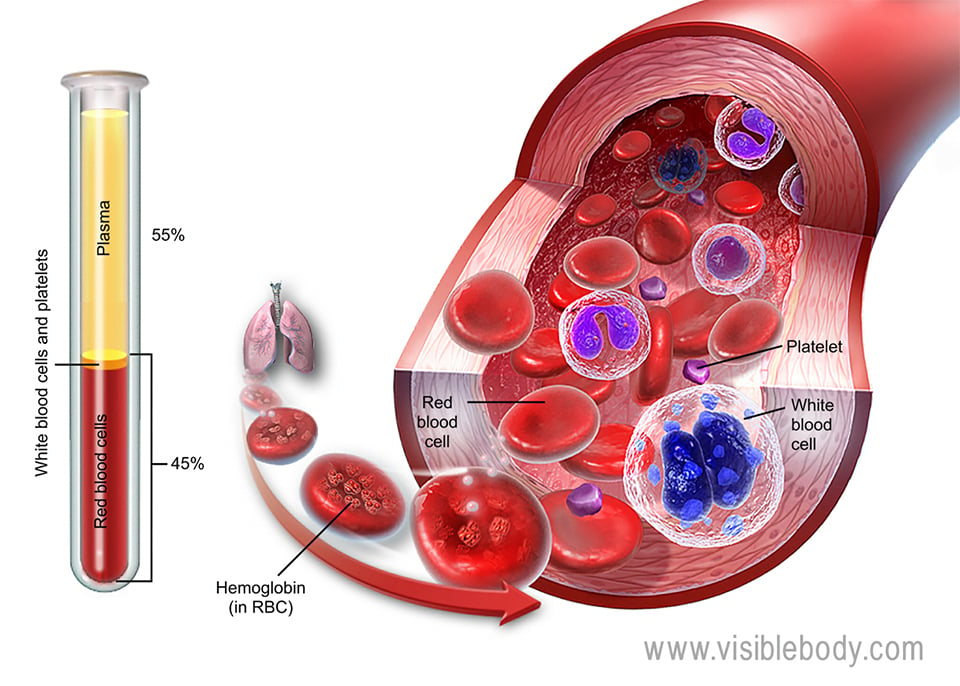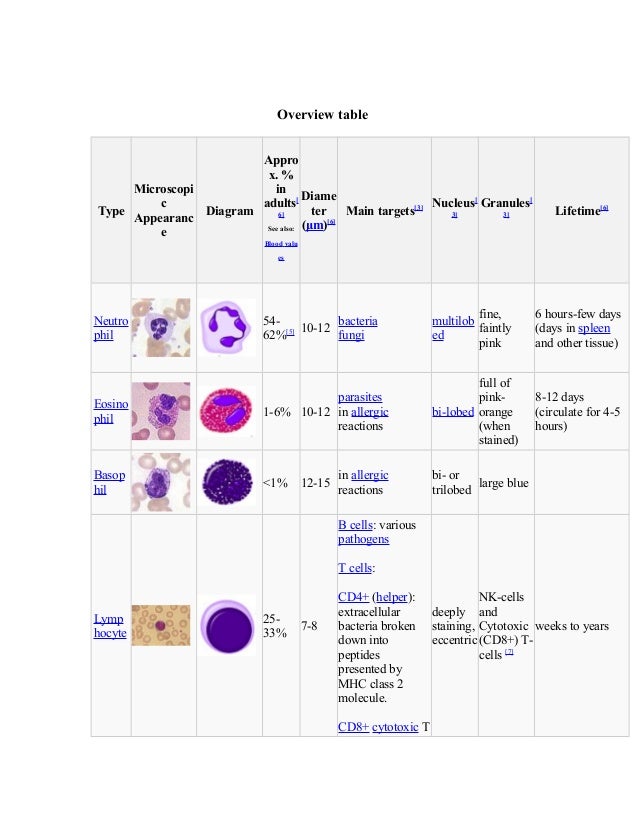
There are several types of white blood cells in the human body. The most common are the basophils, which fight infections and release chemicals into the bloodstream. The eosinophils are the least common type of WBC and are the predominant inflammatory cells in allergic reactions. The granules of these cells contain several immune-boosting compounds, such as heparin (an anticoagulant), histamine, and glutathione.
A high white blood cell count can be caused by many different causes. Certain conditions can trigger this condition, including inflammation and infection. Other factors may cause excessive amounts of WBCs to be produced in the bone marrow. Lastly, physical stress can also increase the production of white blood cells. However, the underlying cause of the increased number of white blood cells is the same as those for other blood disorders. If you notice an increase in your white blood cell count, it’s important to consult your doctor as soon as possible.
A high white blood cell count does not necessarily mean you have a serious disease. There are several causes of an abnormally raised white cell count. Some are treatable, while others have no symptoms and require a doctor’s diagnosis. In many cases, the condition is treatable. If the white blood cell level is above the normal level, see your doctor as soon as possible. Having too many white blood cells is a sign of a serious underlying disease.
Although the underlying cause of high white blood cell counts is unknown, determining the exact cause of high white blood cell counts will help you better understand the condition. A high white blood cell count can be caused by infection, illness, or another type of stress. Having too many of these cells in your body is the best way to tell if you’re experiencing elevated white blood cells. If you are experiencing high levels, it is important to see a doctor or at บล็อกสุขภาพและยาที่ดีที่สุด
as early as possible to rule out other health problems.

A high white blood cell count can be caused by various factors. Often, the numbers are higher in infants than in adults, which may indicate a problem. For example, a person with an elevated white blood cell count may have a parasitic or viral infection. When the count is too low, it may indicate that the person has an underlying health condition. But the good news is that there are ways to manage high white blood cell counts.
A high white blood cell count can be caused by a variety of conditions. Some of these conditions are caused by severe emotional and physical stress. Some of the most common causes of an elevated white blood cell count are cancer, anaphylaxis, and anaphylaxis. Other causes may include inflammation and some forms of anaphylaxis. There are many ways to treat an elevated white blood cell count, including increasing the number of white blood cells in the blood.
In some cases, a high white blood cell count can be caused by a problem with the body’s immune system. For example, someone with leukocytosis may experience a fever, pain, and other symptoms. Some people may experience weight loss and general discomfort. A doctor will diagnose these conditions and determine if there is any underlying cause. A doctor will also determine the proper treatment for the condition. You may also need to take anti-inflammatory medication.
Some people may have high levels of white blood cells. In some cases, this is caused by a disorder that is not life-threatening. Despite the fact that the normal range is about 5,000 to 10,000, a high white blood cell count does not mean that you have a disease. It may be caused by an underlying condition or by a combination of factors. In other cases, it can be a sign of an underlying problem.
High white blood cells can be caused by a number of different factors. The most common cause of high white blood cells is a bacterial infection. Inflammation in the body can also cause an elevated level of this type of cell. While the immune system is important for the body’s health, there are several other causes of high white blood cell counts. For instance, an allergy can result in an elevated white cell count, and a lack of oxygenation can cause anemia.
